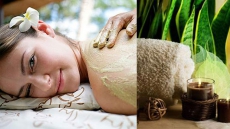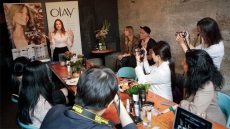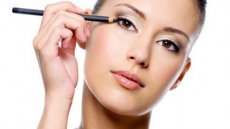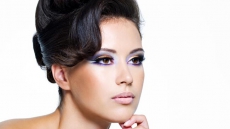Who knew that protecting our health would result in skin problems?
The past year brought so many challenges for so many people thanks to the fallout from Covid. In an effort to maintain health for ourselves and others, some practices have led to other issues, namely skin problems from hand-washing, sanitizing and mask wearing.
Constant hand-washing and alcohol from sanitizers have stripped our hands of moisture, and condensation on the skin under masks is irritating and makes it a breeding ground for the unhelpful kind of bacteria. “It’s a total robbery of moisture,” says Patricia Clare, National Training Manager for Neostrata. Canada. “Every time that we wash or sanitize, our faces or our hands, our body has to naturally rebuild the PH of the skin back into position. We’re born with this skin barrier that keeps aggressors out and moisture in. So, when we continually disrupt that, that’s when our skin can feel really parched, really inflamed, and really uncomfortable.” For people with existing skin conditions, the problem is just exacerbated, says Dr. Amanda Lau, Medical Director and founder of Skinfolio Medical Spa in West Vancouver.
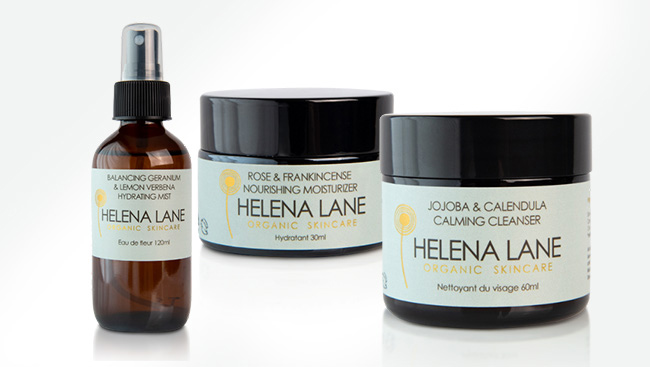
“For people with eczema, alcohol sanitizer might not be the right option. Just soap and water are probably the best way to go,” Lau advises.
Though frequent handwashing is necessary, there are a few things we can do to mitigate moisture loss, extreme dryness and cracked skin. “Try to use a gentle soap and avoid hot water. The time you spend washing your hands (20 seconds is recommended) is more important than the temperature of the water,” suggests Kathryn Sawers of Yaletown’s Collective Skin Care. “Applying hand cream throughout the day can help, but if your skin is severely parched consider wearing a rich, thick hand cream with thin cotton gloves to push the moisture deeper into your skin overnight.”
Dr. Lau seconds the overnight moisture-rich, cotton glove treatment to help replenish skin.
Consider the type of products you’re using too. Helena Lane, founder of Helena Lane Organic Skincare, advises using a gentler unscented soap as fragrance can be an irritant. “Carry a travel size hand cream – unscented – made with simple, natural ingredients.
Look out for shea or cocoa butter, plant oils, lanolin and beeswax; use it each time after you wash your hands,” Lane counsels.
Also consider treating your skin from the inside out, not just topically. “Having a diet that is rich in omega fatty acids can also help prevent rashes and irritation from occurring, not only for your hands, but your entire body,” says Sawers.
Perhaps the most frustrating skin issue to arise from long-term mask wearing is the recently coined maskne which is exactly what it sounds like: acne erupting on areas of the face covered by a mask.
“You’re going to have your skin type—oily, dry or combination— and if on top of that we allow bacteria to breed on the skin with moisture under [the mask] and we’re not allowing the skin to breath properly. That bacteria starts to run [and] that’s when we get maskne,” explains Clare.
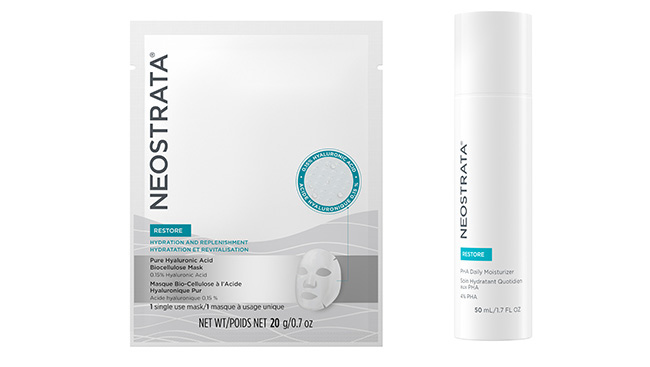
Lau says she has seen a lot of patients dealing with maskne at her clinic. “I have patients who have pre-existing acne that was under control, but you throw in the mask and now they’re coming in with acne over the areas covered by the mask,” she says.
Dealing with the skin problems occurring due to prolonged mask wearing is two-fold. The first approach is to treat the skin issue but the second is to care for the skin in a way to avoid issues.
Lau gives patients topical acne treatment and topical antibiotics to deal with the lesions. But, she says, that wearing the right mask is important for skin to heal and to avoid irritation.
“The way I tell them to prevent it is to change their mask often, so it doesn’t build up the moisture. When the mask gets a bit wet, it gets congested over time. Use a more breathable fabric mask. I like 100 per cent cotton or 100 per silk for when you’re not in close contact with a person just to give the skin a break,” Lau says.
Giving your skin a break is crucial, insists Clare. “If you’re on your break [at work] and can get out to your car [or outside] take your mask off, even if only for five minutes.” Any time that your skin can breathe freely is integral to its health.
“If you are wearing a mask for long periods of the day, you should be looking after your skin more carefully and be strict about washing masks or replacing them often,” advises Lane. “If we don’t make these efforts, then mask wearing can make all skin issues – acne, eczema and sensitivities – far worse.”
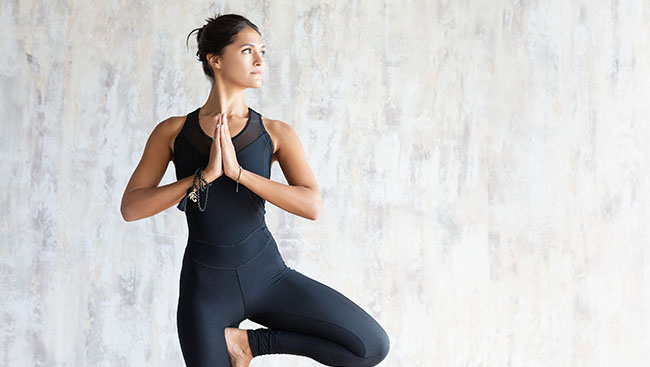
An effective skin care regimen is vital in keeping your skin healthy. Clare suggests lightening all the textures of your skincare products. Switch creams out for lotions. She says that using a four per cent PHA (polyhydroxy acid) moisturizer will sweep off the dead skin cells so moisture can be absorbed. This latest generation of PHA is formulated for sensitive skin. She adds that using a glycolic acid treatment over the break-out areas can help keep pores unclogged.
To replenish moisture, Clare suggests in the evening applying a hyaluronic acid bio-cellulose sheet mask that will deeply hydrate the skin. After she’s done with it, she flips it over to use as a hand treatment.
“Be scrupulous about cleansing every day with a gentle oil-based cleanser,” says Lane. She echoes Clare, that we should shift to applying “lighter products, such as oils and mists and look for gentle antibacterial ingredients such as lavender and chamomile.” She keeps one of her brand’s lavender-based facial mists in her handbag to spritz her face and mask when needed.
“I also do my evening skin care routine as soon as I get home, at the end of the day, rather than before bed,” she says.
For those with sensitivity issues, Sawers says it’s imperative to rebuild and support the skin’s barrier function. “Integrate soothing, anti-inflammatory and hydrating serums and/or creams,” she advises. “Look for ingredients such as oatmeal/oat extract, aloe vera, squalene, hyaluronic acid to name a few.”
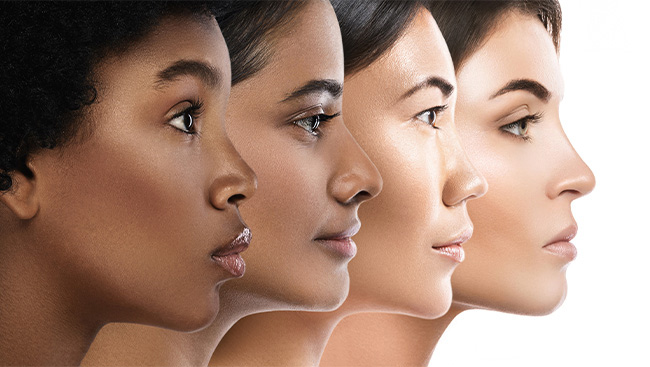
In keeping with lightening up on skincare textures, both Lau and Clare suggest not wearing makeup where the mask covers the face.
“I try to get people not to use makeup over the areas covered by the mask. Often the makeup does close up the pores. That’s our goal at the clinic: that most women will feel they don’t need makeup when they have such fantastic skin,” says Lau.
Lau, who has seen an increase in overall skin issues due the stress of coping with these challenging times, says the we must have good self-management when looking after our skin’s health, which translates to caring for our overall health. That said, keep up the handwashing.
Photo credits: iStockphoto, courtesy of Neostrata and Helena Lane Organic Skincare, Yaleeown Collective Skin Care, Skinfolio Medical Spa
ABOUT THE AUTHOR: A lifestyle journalist, Michele Marko is the former Arts & Life editor at the Vancouver Sun and Province newspapers. While writing about beauty, fashion, design, food and travel, she’s written on a variety subjects ranging from ethical beauty to couture fashion designers to discovering the best pizza in the world. Hint: It’s in Italy.

